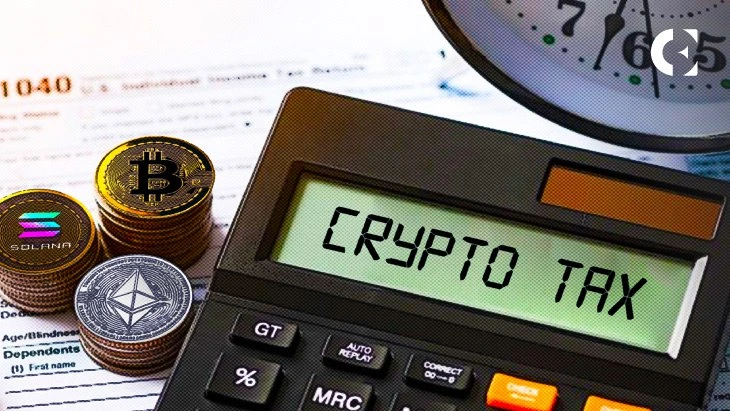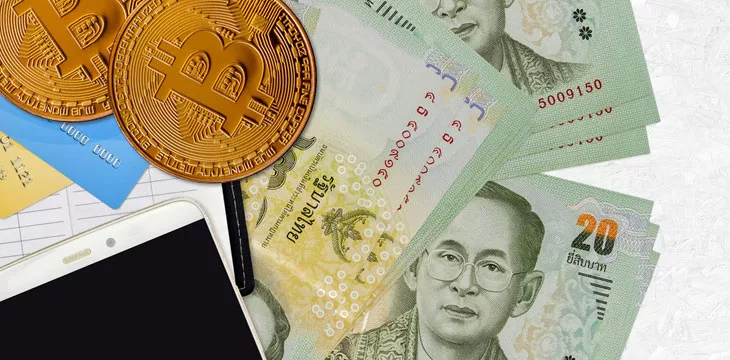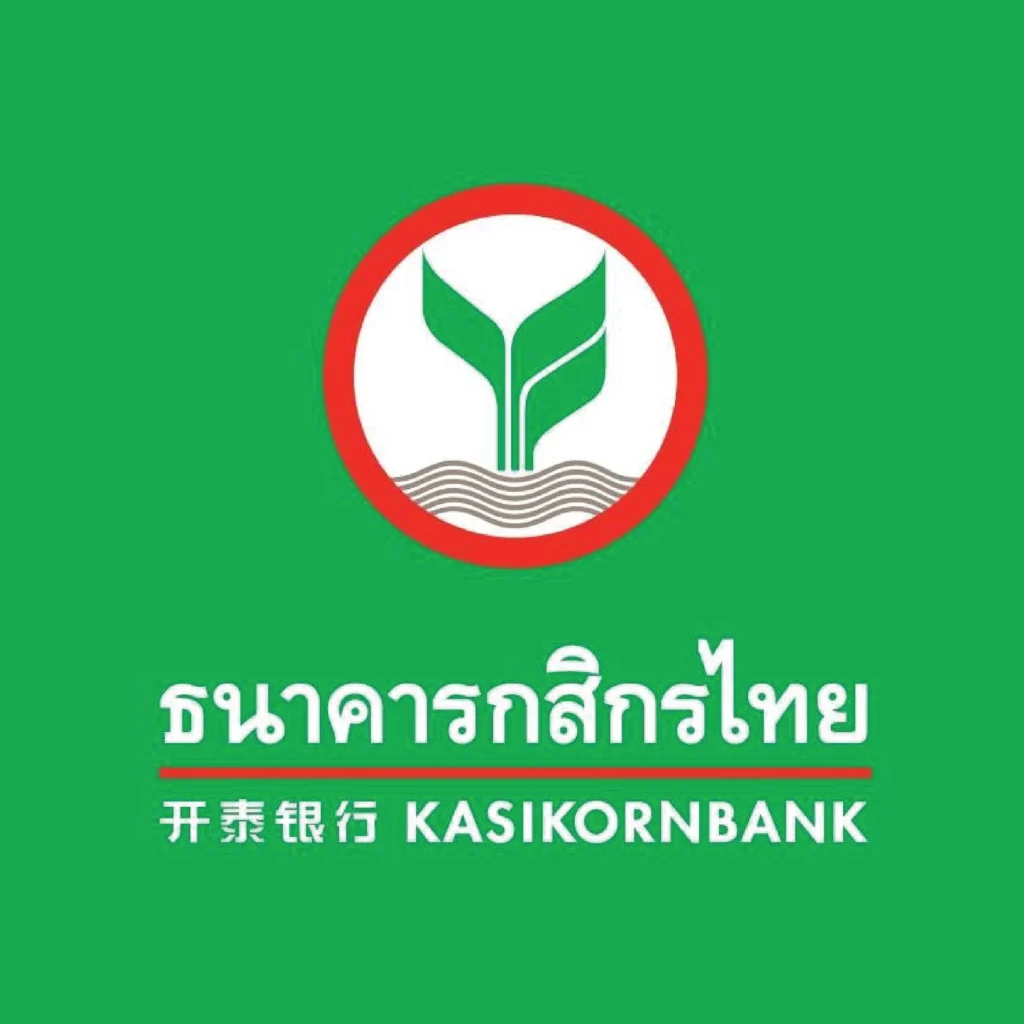Crypto in Thailand 2025: Answers to Your Most Asked Legal Questions
Crypto Trading in Thailand: 2025 Legal FAQ
Cryptocurrency is booming in Thailand, but many traders—both new and experienced—are unsure about the rules. Is crypto trading legal in Thailand? Can you use crypto to pay for things? What happens if you trade on foreign platforms?
This FAQ-style guide breaks down everything you need to know about crypto legality in Thailand in 2025, based on the latest laws and SEC updates.
Q1: Is Crypto Trading Legal in Thailand?
Yes, crypto trading is legal in Thailand. However, it must be done on licensed platforms approved by the Thai SEC. Trading via unregistered apps or brokers could put you at legal risk.
Q2: Which Crypto Platforms Are Legal in Thailand?
You’re allowed to trade on platforms registered with the Thai SEC. As of 2025, the following platforms are commonly used:
- Bitkub
- Binance Thailand
- Satang Pro
Using unlicensed foreign exchanges is risky and may violate local regulations.

Q3: Can You Use Crypto to Pay for Goods and Services in Thailand?
No. Since 2022, the Bank of Thailand and SEC banned the use of crypto as a payment method for goods and services due to concerns about price volatility and consumer protection.

Q4: Is HODLing or Investing in Crypto Still Allowed?
Yes. You can legally hold, buy, and sell crypto as a personal investment. Just make sure you do so via compliant platforms and report any taxable gains.
Q5: Are Crypto Gains Taxed in Thailand?
Yes. Thai residents must pay a 15% capital gains tax on profits made from trading digital assets. However, enforcement has been inconsistent. If you’re unsure, it’s wise to speak with a local tax advisor.

Q6: What Are the New Crypto Rules in 2025?
The Thai SEC introduced several updates over the past year:
- Stricter token listing requirements
- Enhanced KYC/AML compliance (including identity verification)
- Mandatory reserve disclosures from exchanges
- Ongoing testing of a Thai CBDC (central bank digital currency)
These rules are designed to protect investors and prevent fraud.

Credit from : Coingeek
Q7: What Is Still Illegal in Thailand’s Crypto Market?
Several activities remain strictly prohibited:
- Using crypto for payments
- Trading on unregistered exchanges
- Participating in crypto-based gambling platforms
- Issuing unlicensed tokens or NFTs
- Running crypto businesses without government approval
Violating these laws may lead to fines or criminal charges.
Q8: Can Foreigners Legally Trade Crypto in Thailand?
Yes. Foreigners can trade crypto in Thailand, provided they:
- Use a Thai bank account
- Complete KYC with local exchanges
- Follow local tax laws
If you’re a digital nomad using offshore platforms while in Thailand, you may be in a legal gray zone. Local exchanges are the safer route.


Q9: What Are the Risks of Using Overseas Exchanges?
Trading through platforms not approved by the Thai SEC opens you up to:
- Regulatory penalties
- Limited legal protection
- Higher scam exposure
- Potential fund freezes
If the platform collapses, you’re on your own. Stick with locally regulated platforms.
Q10: Is It Safe to Start Crypto Trading in Thailand in 2025?
Yes—if you follow the rules. Thailand is not anti-crypto, but it does enforce a framework designed to protect its financial system and its citizens.
As long as you:
- Trade only on legal exchanges
- Avoid crypto payments
- Report your gains
- Stay informed of updates
…you’re legally in the clear.
Final Word
Crypto trading is alive and well in Thailand—but it’s not a legal free-for-all. Use this FAQ as a reference and remember: compliance matters. The government is open to innovation, but it’s also watching closely.
For those who trade smart, stay informed, and play by the rules, Thailand remains a promising and exciting market in 2025.




